
OR
Editorial
Take urgent policy measures to reduce public debt
Published On: December 3, 2023 08:00 AM NPT By: Republica | @RepublicaNepal
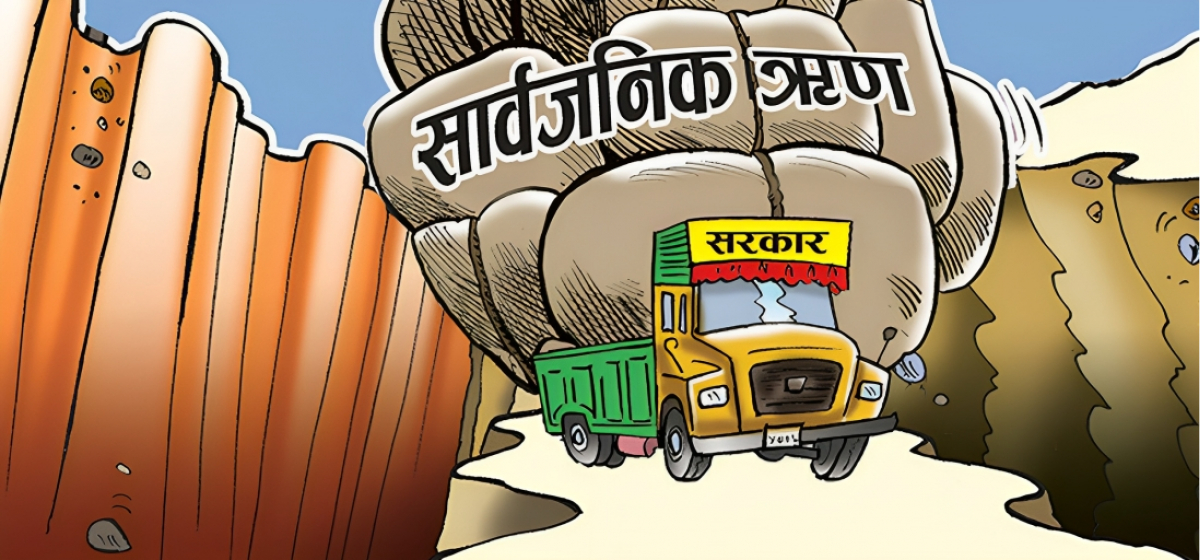
It is time for the government to prioritize the country's long-term financial health over short-term gains and take the necessary steps to ensure a sustainable and prosperous future for Nepal.
Nepal is currently facing a significant economic challenge that demands immediate attention: the steady surge in public debt. The latest figures from the Public Debt Management Office (PDMO) reveal that the country's public debt has surpassed Rs 57.71 billion in the first quarter of Fiscal Year (FY) 2023/24, reaching a staggering total of Rs 2.36 trillion by mid-November, up from Rs 2.29 trillion in mid-July. This alarming increase in public debt is a matter of serious concern, and it necessitates urgent action from the government to ensure fiscal responsibility and prudent financial management. It is disheartening to witness the government resorting to raising public debt without implementing necessary austerity measures, especially at a time when the economic situation demands careful and strategic financial planning.
The breakdown of the debt figures provided by the PDMO highlights that Nepal's outstanding domestic debt has reached Rs 1.18 trillion, while the external debt stands at Rs 1.17 trillion. In the first four months of the current fiscal year, the government made interest payments of Rs 65.45 billion on internal debt and Rs 16.18 billion on external debt. These figures underscore the gravity of the situation, signaling the urgency for the government to reassess its fiscal policies and spending priorities. One striking revelation from the data is that during the initial four months of the fiscal year, the expenditure on principal and interest payments of public debt was nearly three times higher than the government's capital expenditure. While the government allocated Rs 29.99 billion for capital expenditure, a staggering Rs 81.64 billion was spent on public debt interest payments by mid-November. This stark imbalance raises critical questions about the allocation of financial resources and the government's priorities. Capital expenditure is essential for the development and growth of the country, including infrastructure projects and other initiatives that directly benefit the public. However, when interest payments on public debt overshadow capital expenditure, it points to a skewed financial strategy that jeopardizes the nation's long-term economic health.
The need for prudent financial management becomes even more evident when considering the substantial expenses incurred by government officials in unnecessary foreign visits. The queue of ministers and senior bureaucrats on expense visits abroad, often deemed unnecessary, mocks the dire economic situation of the country. Such expenditures contribute to the growing burden of public debt, and it is imperative that the government exercises restraint in these matters. To address the burgeoning public debt crisis, the government must implement strict measures to curb unnecessary expenses, enhance revenue generation, and allocate resources more judiciously. This requires a comprehensive review of the current fiscal policies, prioritizing essential expenditures, and eliminating frivolous spending. Additionally, there is a pressing need for transparency and accountability in financial management.
The government should communicate its fiscal plans clearly to the public, ensuring that citizens are informed about how public funds are utilized and what steps are being taken to mitigate the challenges posed by escalating public debt. As a newspaper, we believe that the escalating public debt demands immediate attention and decisive action from the government. A comprehensive and responsible approach to fiscal management, coupled with prudent spending and a commitment to transparency, is essential to steer the country away from the looming economic challenges. It is time for the government to prioritize the country's long-term financial health over short-term gains and take necessary steps to ensure a sustainable and prosperous future for Nepal.
You May Like This
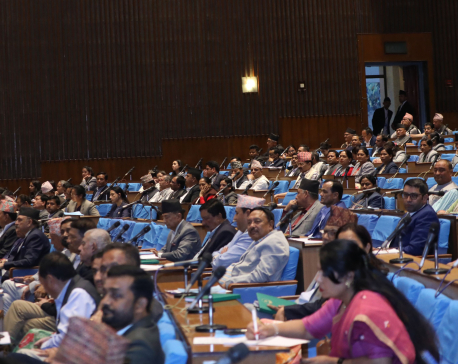
Public debt approaching half of the country’s GDP is an alarming sign: Lawmakers
KATHMANDU, June 29: Lawmakers have termed the soaring public borrowing as ‘alarming’ for the country, stating that the debt trap... Read More...

Implement agreement, NC asks government
KATHMANDU, June 29: Leader of the major opposition Nepali Congress, Sher Bahadur Deuba, has demanded that the government immediately implement... Read More...

-1200x560-wm_20240503161056.jpg)
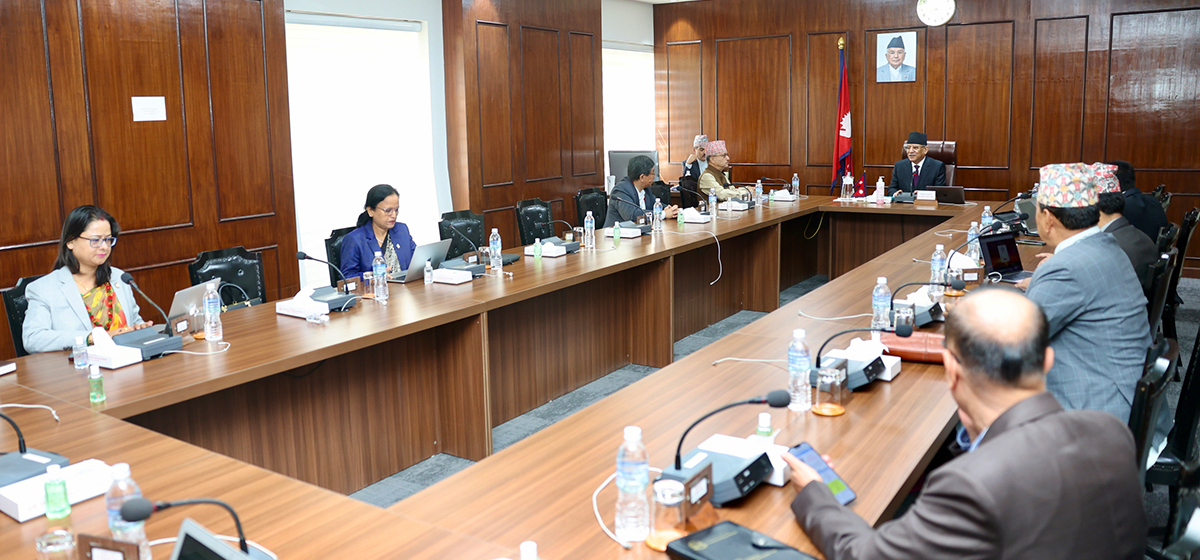

Just In
- Flood and landslide hit Indonesia’s Sulawesi island, killing 14
- Ministry of Youth and Sports seeks suggestions for amending Sports Act
- Light rainfall likely in parts of Nepal today
- Fire destroys property worth Rs 2.5 million in Shuklaphanta Municipality
- Govt to build temporary houses for fire victims
- Experts stress recognition of indigenous communities’ rights to foster sustainable tourism
- Ethical Leadership: A Hard Nut to Crack for Many Leaders in Nepal
- Five-match T20 series: Nepal gears up for its final encounter against West Indies 'A' before T20 World Cup



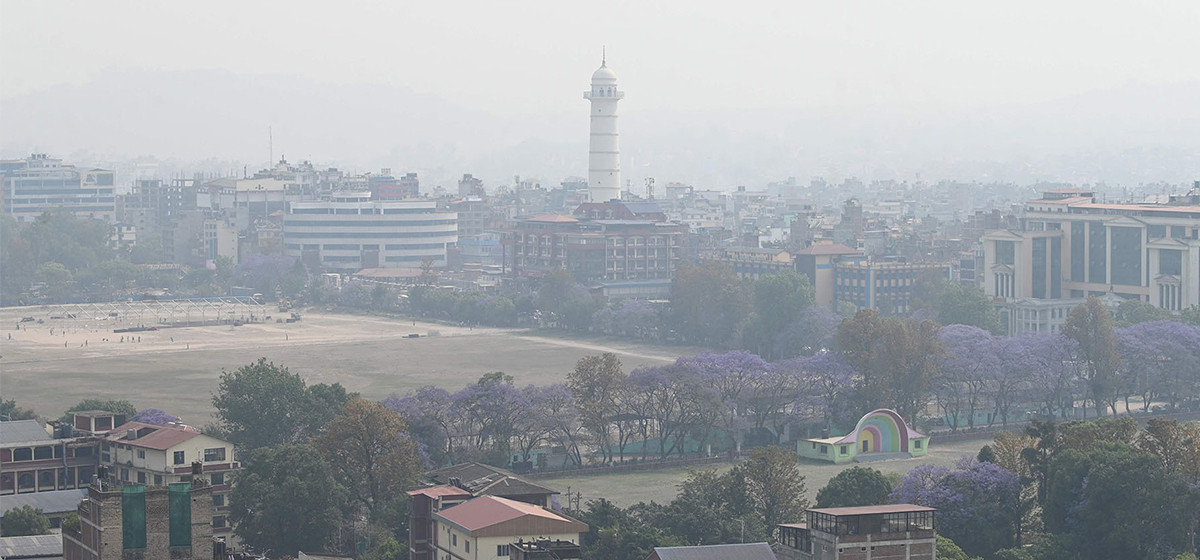




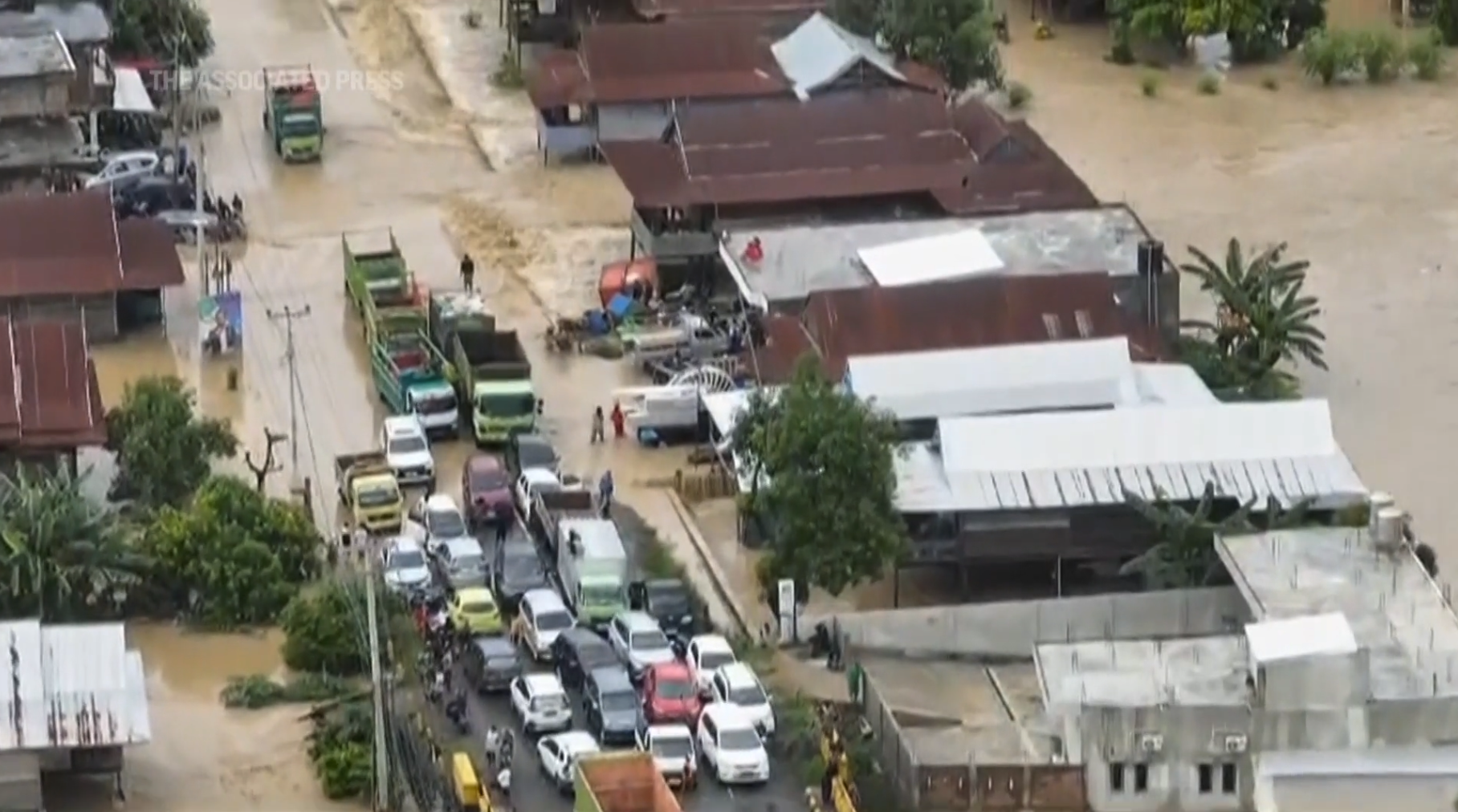
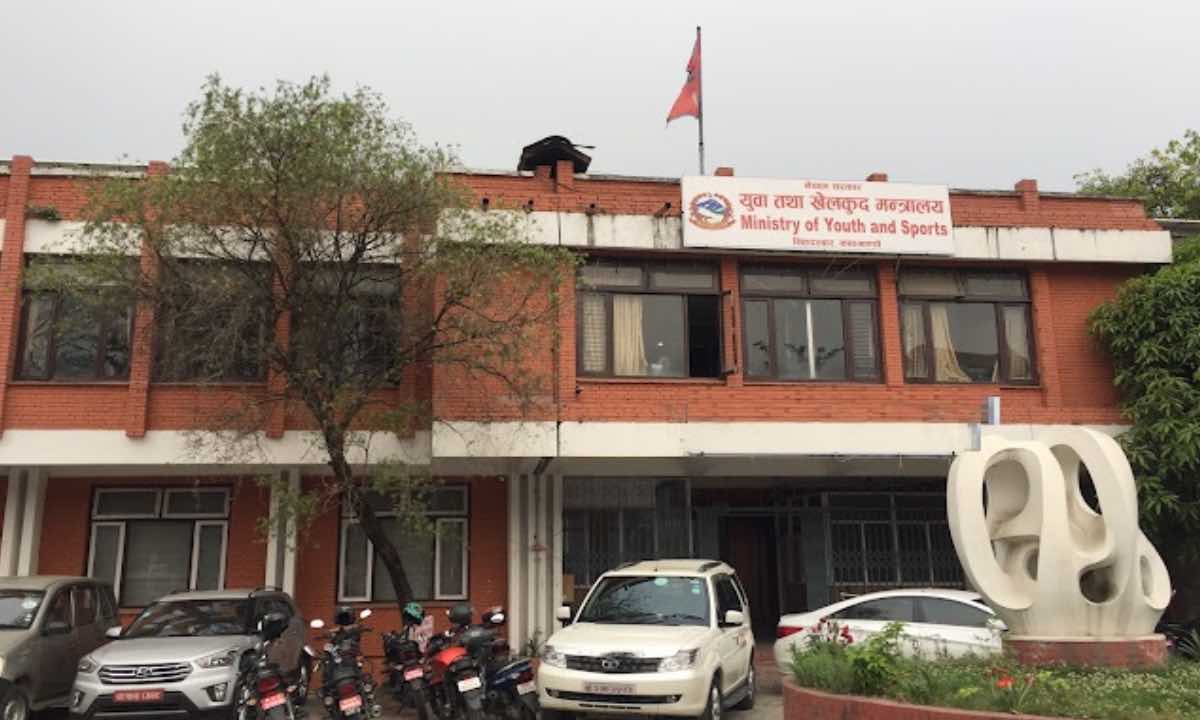


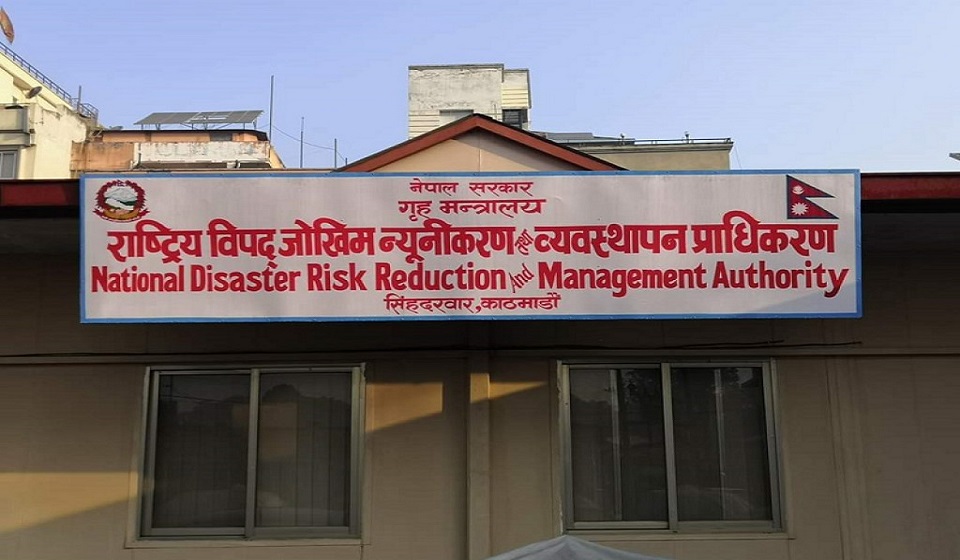

Leave A Comment